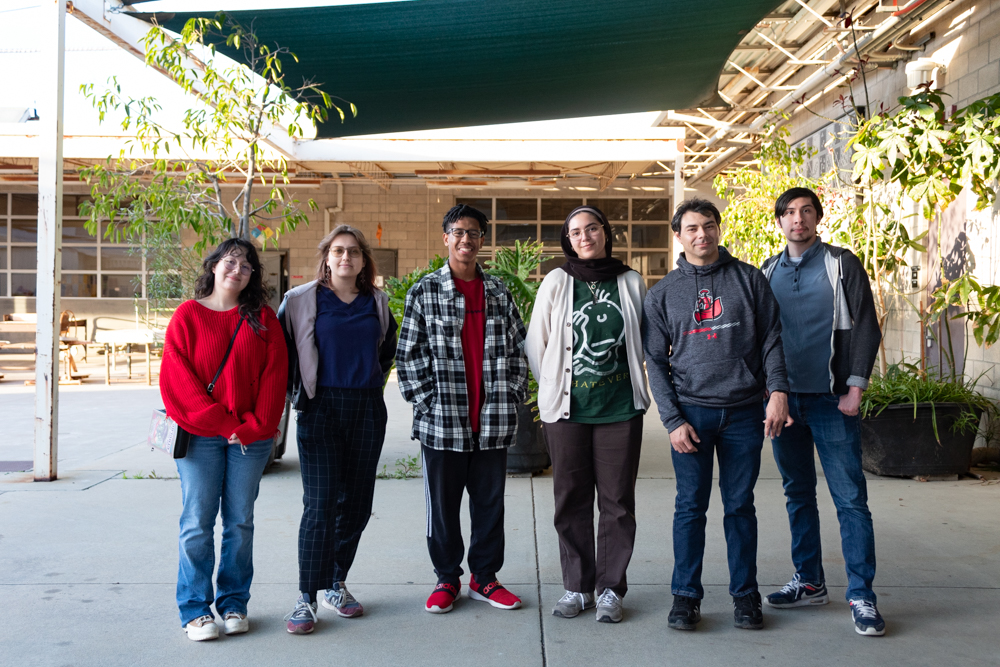California State University, Northridge’s Game Development Club serves students who have a passion for the multidisciplinary field of video game development by making opportunities and academic resources available to help them create games. They hold meetings, game nights and game jams, collaborate with other clubs for workshops, and invite guest speakers.
The members’ reasons for game development vary from hobbies to prospective careers. Anastasia Naydina, president of the club, was drawn to the craft by her interest in video games from a young age.
“Honestly, just the entire concept of a video game inspires me. If I take a step back to consider all the stuff that makes a video game, in my head all of that should have been impossible to do, but it is literally possible,” said Naydina. “This, as well as the constant flow of fresh stories and ideas in the video game medium, also motivates me to want to be a part of it as a career.”
Another reason students pursue game development is to create the same joy that the games they played growing up created for them. Club Vice President Christina Eugenio’s siblings inspired her interest in the field.
“My older brother introduced me to video games, and I did the same to my little sister. We all love to play video games together. I love how video games have created a great bond between my siblings and me,” said Eugenio. “Although the genres of games we play are different, we all find a game we can play together and make great memories!”
Club member Jonathan Kollmorgen can attest to that.
“I have played games all my life,” said Kollmorgen. “My goal is to bring just as much joy to others who play my games as I had when I was younger. Being able to make games that are beautiful and inspirational so people can really love and appreciate them.”
Despite their passion, many members are uncertain about their futures in game development because the industry has been in a crisis. Between mass layoffs, the threat of AI taking over, poor working conditions, and so on, the road to making a living creating games will not be easy, but it does not discourage them from pursuing their dreams.
Rose Karia, who had days where she pushed herself to work 14 hours a day and sometimes work while sick to prepare herself for the industry, hopes to change that.
“The end goal for me would be to make it as an indie,” said Karia. The term “indie” refers to independent game developers who either work on games by themselves or with smaller teams instead of huge production companies. “I would like to start a studio and run it the right way, ensure people are looked after, nobody has to work the hours I have, and provide people with a place where they can make great things in a way that is sustainable and can support the people who actually do the work that makes a company great.”



